FAYETTE — Kennebec Land Trust members learned, at the conservation group’s 30th annual gathering, of trust plans to create a new cemetery for conservation burials where the deceased could take their desire to protect nature to the grave with them.
The Winthrop-based nonprofit land conservation organization is close to a deal with an as yet unnamed landowner to secure more than 60 acres where it hopes to develop a “green” cemetery where bodies would be placed in biodegradable coffins or shrouds and buried in the ground, without a cement burial vault, embalming fluids or a treated casket, which can all be harmful to the environment, Theresa Kerchner, executive director, told roughly 100 trust members Sunday. She said the trust has been working behind the scenes for at least two years to find a parcel where the soils and site are right for green burials.
Jack Daley, a sophomore at Harvard University who served as one of two interns for Kennebec Land Trust this summer and conducted research on the proposal, said the land trust, working with the state’s soil scientist, Dave Rocque, researched sites across the land trust’s service area, and identified an approximately 60 acre site in Fayette, in a rural area on a hillside with a great view and soils suitable for natural burials.
The land trust would sell cemetery plots on the parcel, via a dedicated website, while leaving the details of burials at the site to funeral homes and burial contractors, as long as they agreed to follow the conservation burial protocol.
Daley said the practice would in some aspects be a return to past practices, as embalming only began during the Civil War as a way to preserve corpses for long distances and the use of cement vaults only became common in the 1880s as a way of keeping cemetery grounds flat for landscaping.
“It’s going back to a more environmentally-friendly way of burial,” said Daley, of Boston. “We’re looking to open a site, tentatively, by fall of 2020.”
He said the land trust sees the idea as another way to conserve land by managing it responsibly.
A previous land trust intern, Josh Caldwell, wrote a research report on the idea in 2015.
Daley said there are about 30 such burial sites across the country now.
Officials said the site would also be developed with hiking trails accessible to people with disabilities, for hikers, birdwatchers and other nature-lovers, to make it a destination for the living, as well as the dead. Proceeds from plot sales could fund the ongoing stewardship of the property.
Sunday trust members awarded a founder and longtime volunteer of the organization, local attorney Howard Lake, with a Lifetime Achievement Award.
Bob Kimber, a member of the trust’s advisory board, said in the 30 years since Lake helped found the organization he has volunteered to do countless hours of legal work to negotiate and finalize trust land deals that have conserved more than 6,000 acres in central Maine. But Lake has also taken to some of that land himself, to help design, build and maintain trails on that conserved land.
“The hours he put in (doing free legal work for the trust) likely add up to months, and years,” Kimber said of Lake. “And once he’s taken care of the paperwork he heads out onto the land to design and build trails, and maintain them in the following years.”
The trust’s annual meeting was at Camp Winnebego, an Echo Lake summer camp in Fayette that officials allow the trust to use for its annual gathering at no charge.
Land trust members also honored landowners who donated land or conservation easements to the trust this year at their annual meeting.
George and Linda Smith, of Mount Vernon, were recognized for donating 125 acres off Route 41 in Mount Vernon, and raising funds to put in educational materials on trails at the site, for the creation of the Ezra Smith Wildlife Conservation Area, in honor of George Smith’s late dad Ezra, an avid outdoorsman.
Stewart Myers was recognized for donating a 238-acre conservation easement in Vienna and Chesterville that includes most of the shoreline of Egypt Pond, including 1.5 miles of undeveloped shoreline, banning development on the site forever.
Stewart said he and his late wife Maureen first came to the pond in the 1970s when they came to check out a piece of land on the north shore. They came into the site at night, and camped out overnight there, getting their first look at the spot the next morning. They fell in love with the site and bought it, and later bought more land around the pond together.
“We woke up the next morning and said, ‘Oh my God this is gorgeous,'” Myers said of their first look at the land. “So we managed to preserve the rest of it.”
The city of Hallowell was honored for securing an easement for the Effie L. Berry Conservation Area providing an 8-acre site which provides access, through Stevens Commons, to Howard Hill in Augusta, which is also a designated conservation area the trust acquired and gave to the city of Augusta.
And the late Kendra Wakefield Shaw was honored for leaving the Wakefield Wildlife Sanctuary’s 115 acres in West Gardiner to the trust, which includes four cabins and frontage on Cobbossee Stream.
Trust members receiving awards at Sunday’s events, which also included a triathlon, botany workshops and a potluck cookout, included Mary Denison, President’s Award; Brian Kent, Director’s Award; Brenda Lake, Volunteer Award; and Kevin and Mary Kane, Stewardship Award.
Keith Edwards — 621-5647
Send questions/comments to the editors.


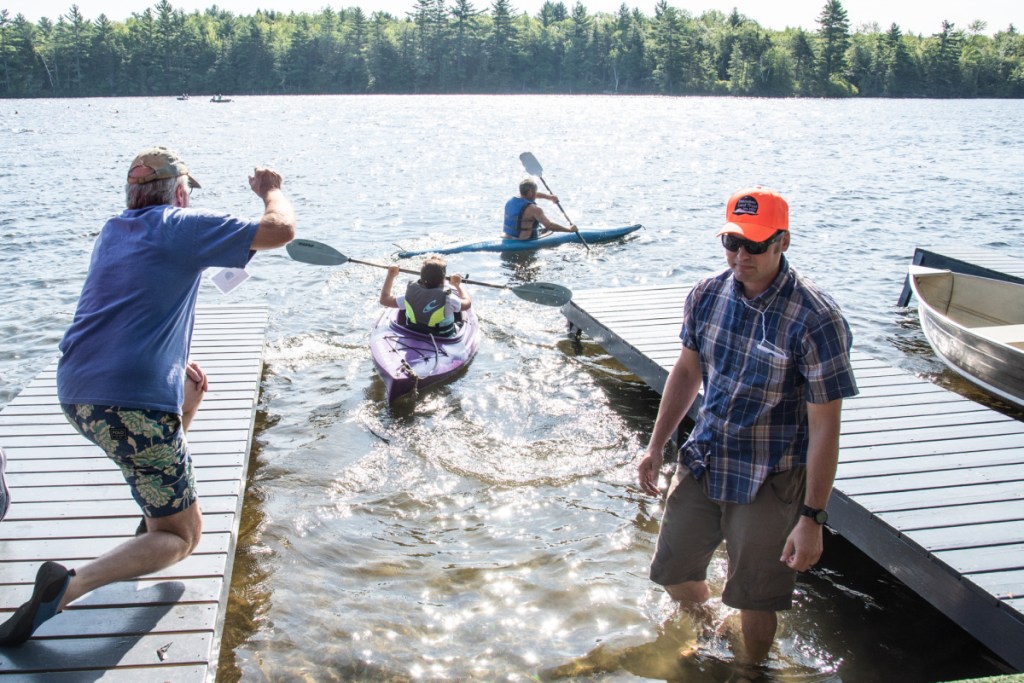
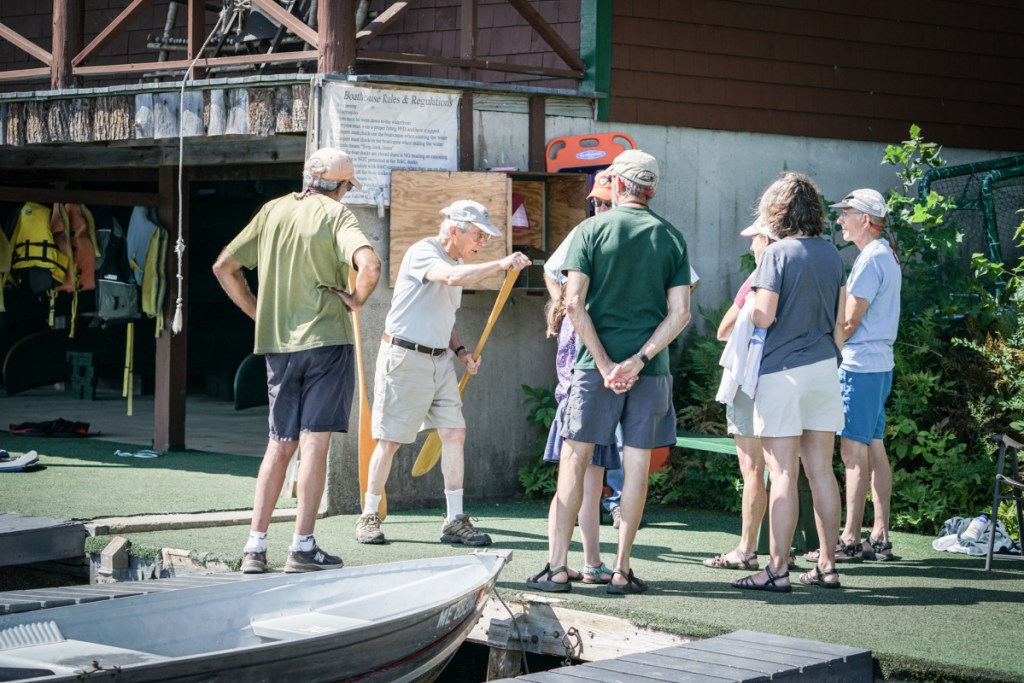
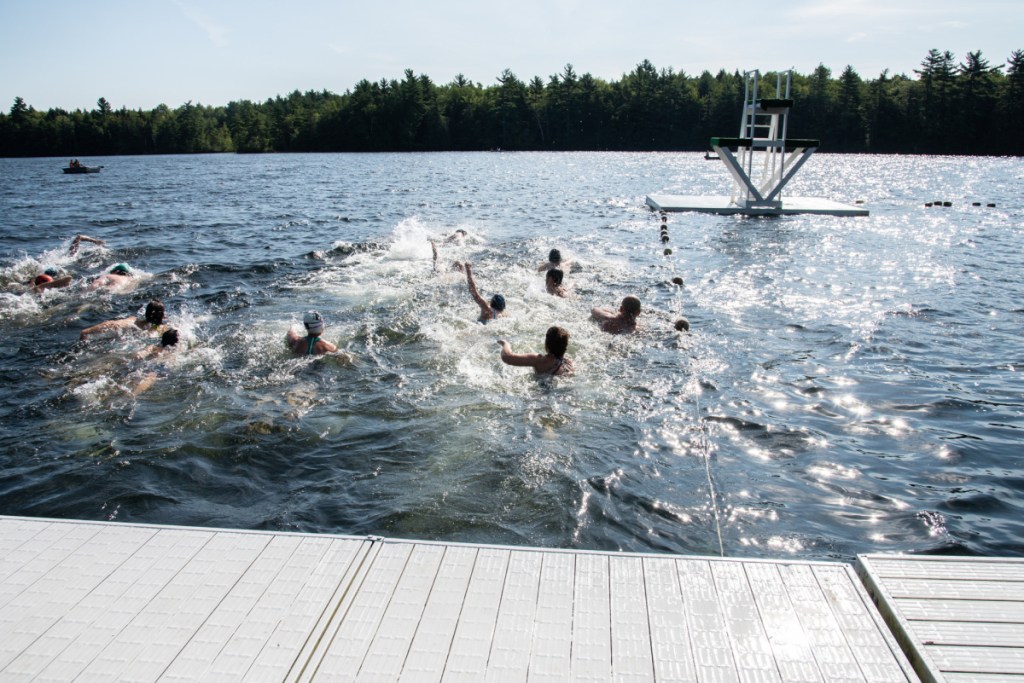
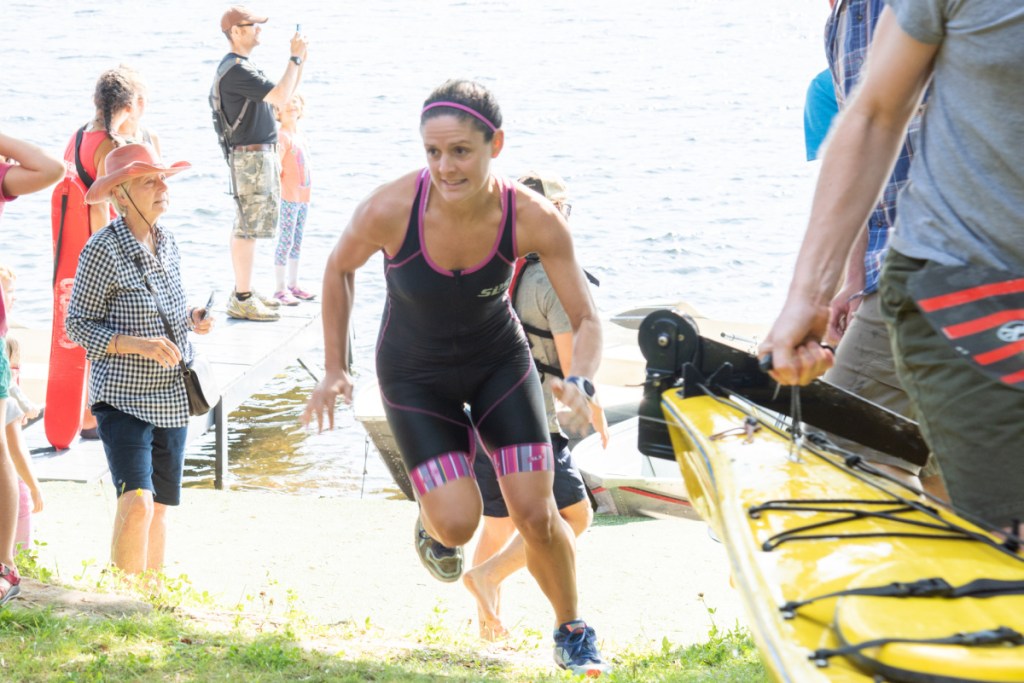
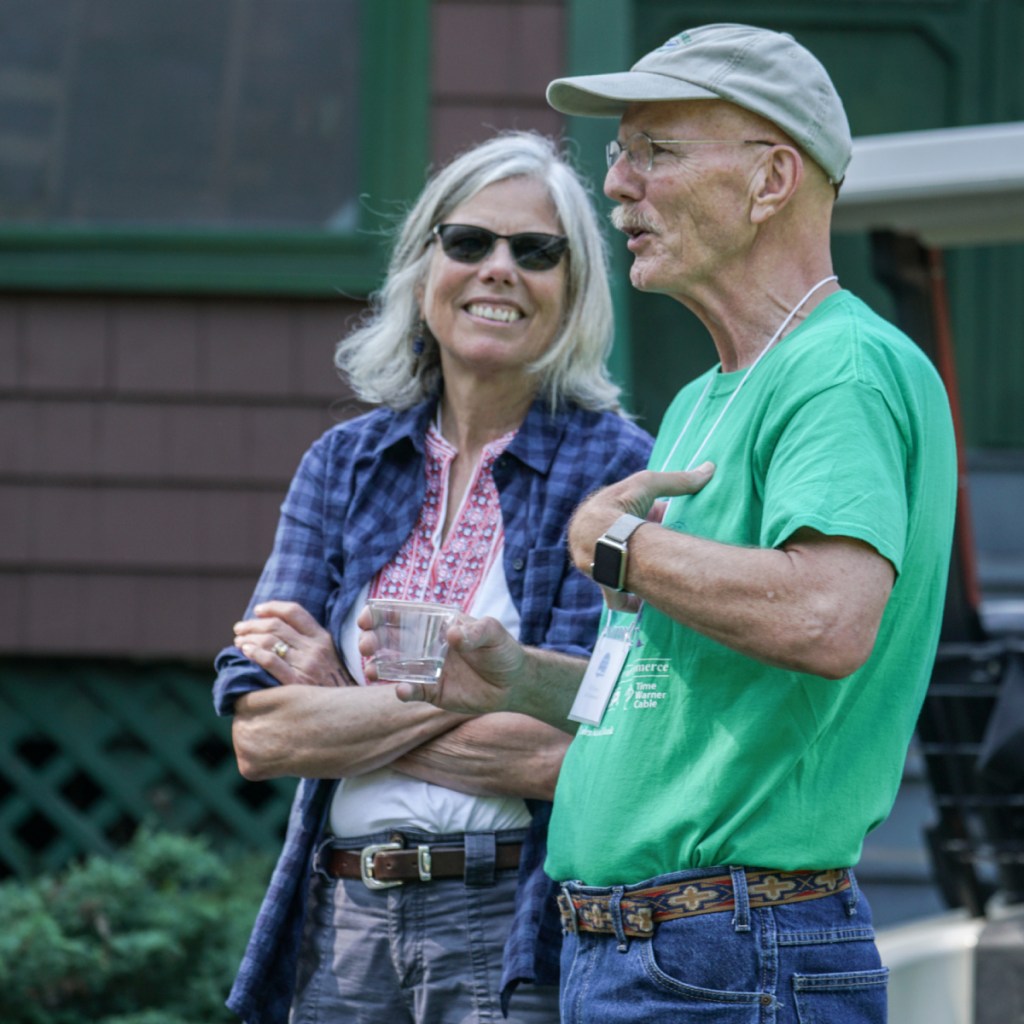
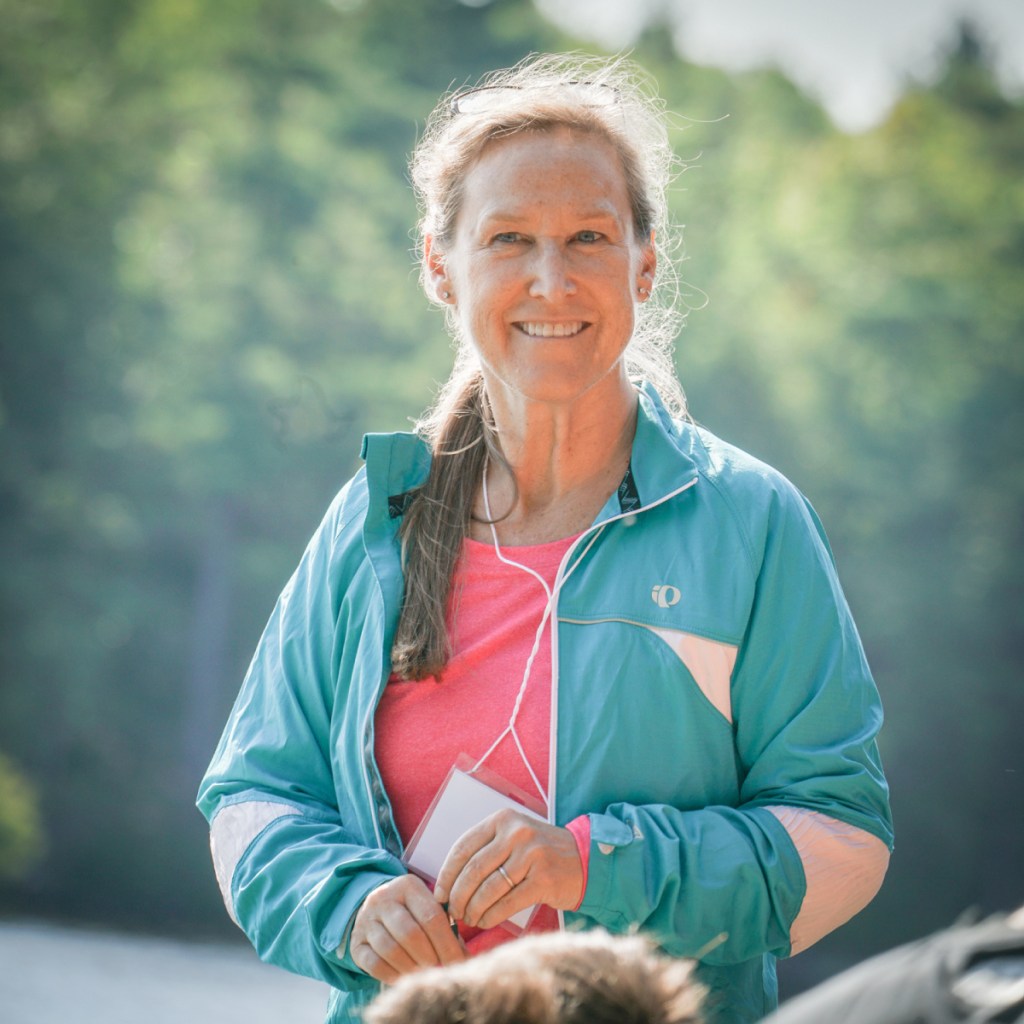

Comments are no longer available on this story